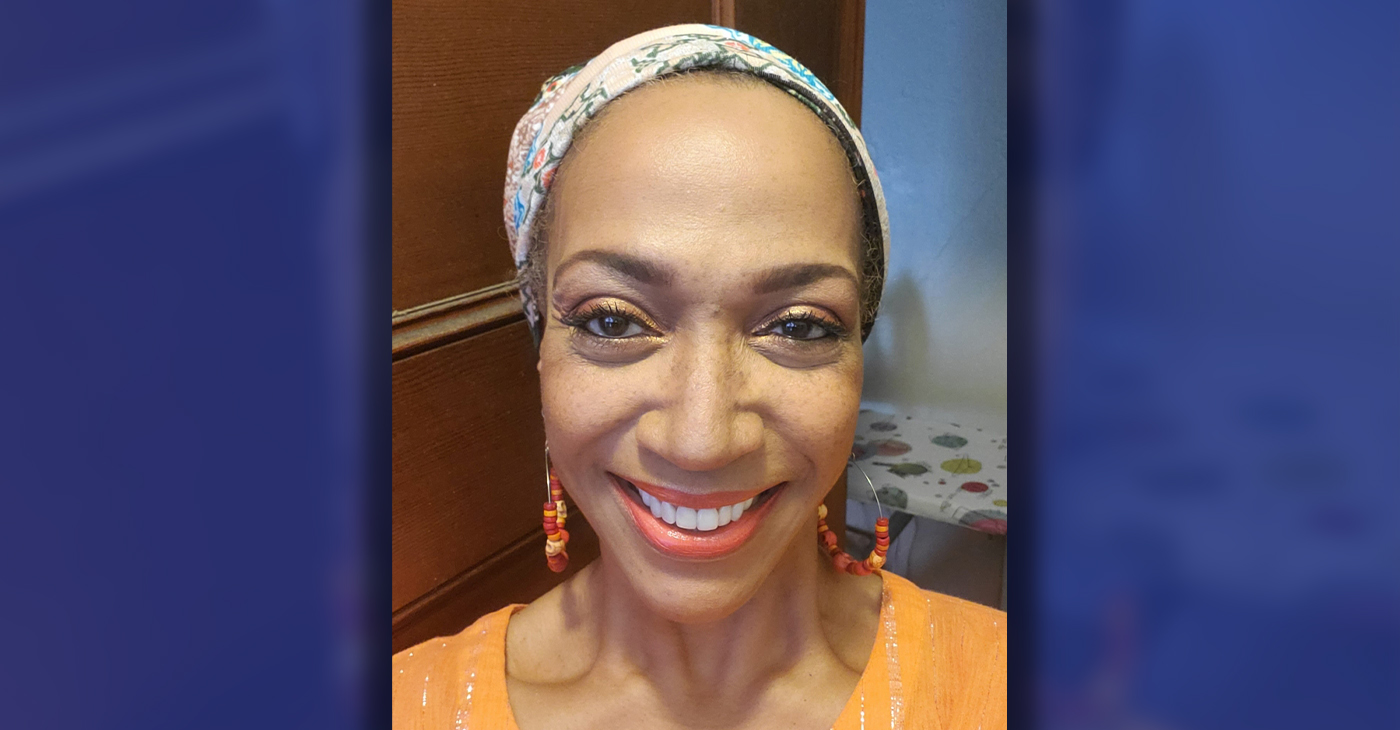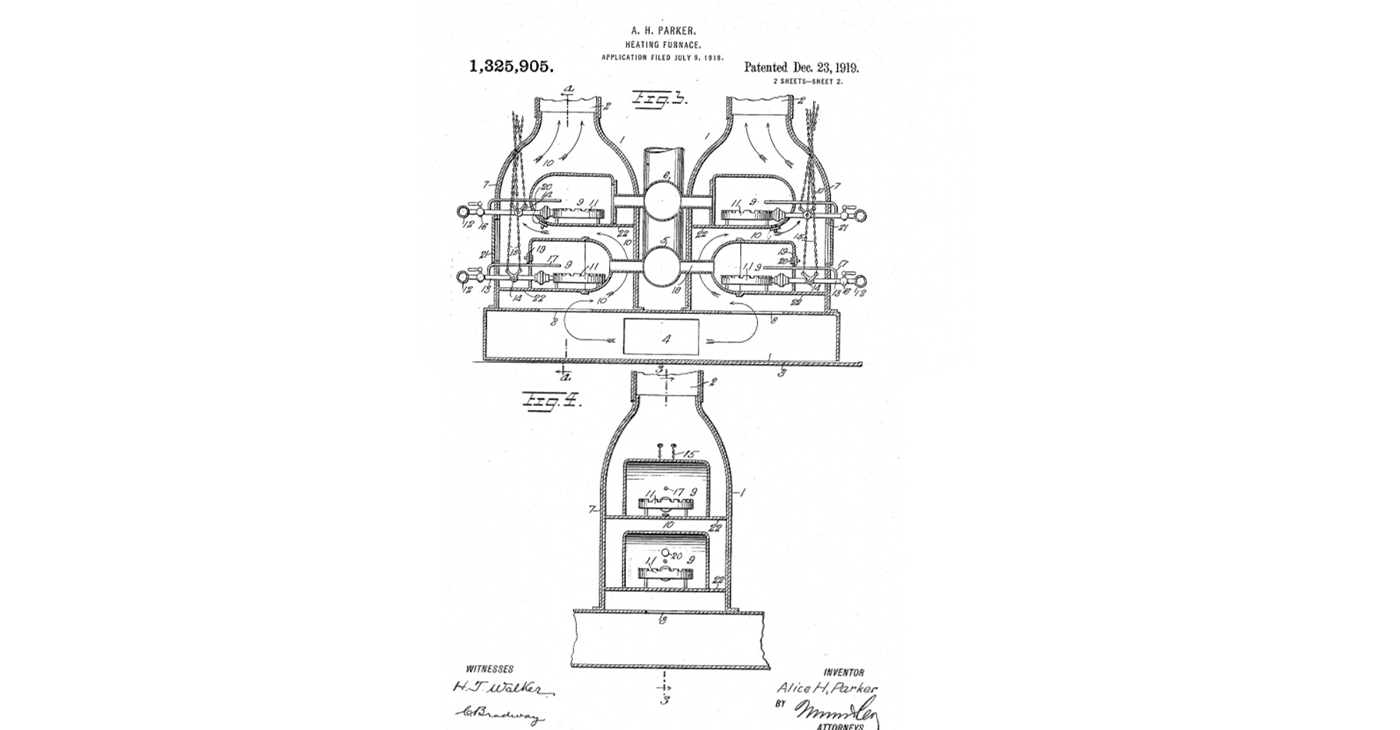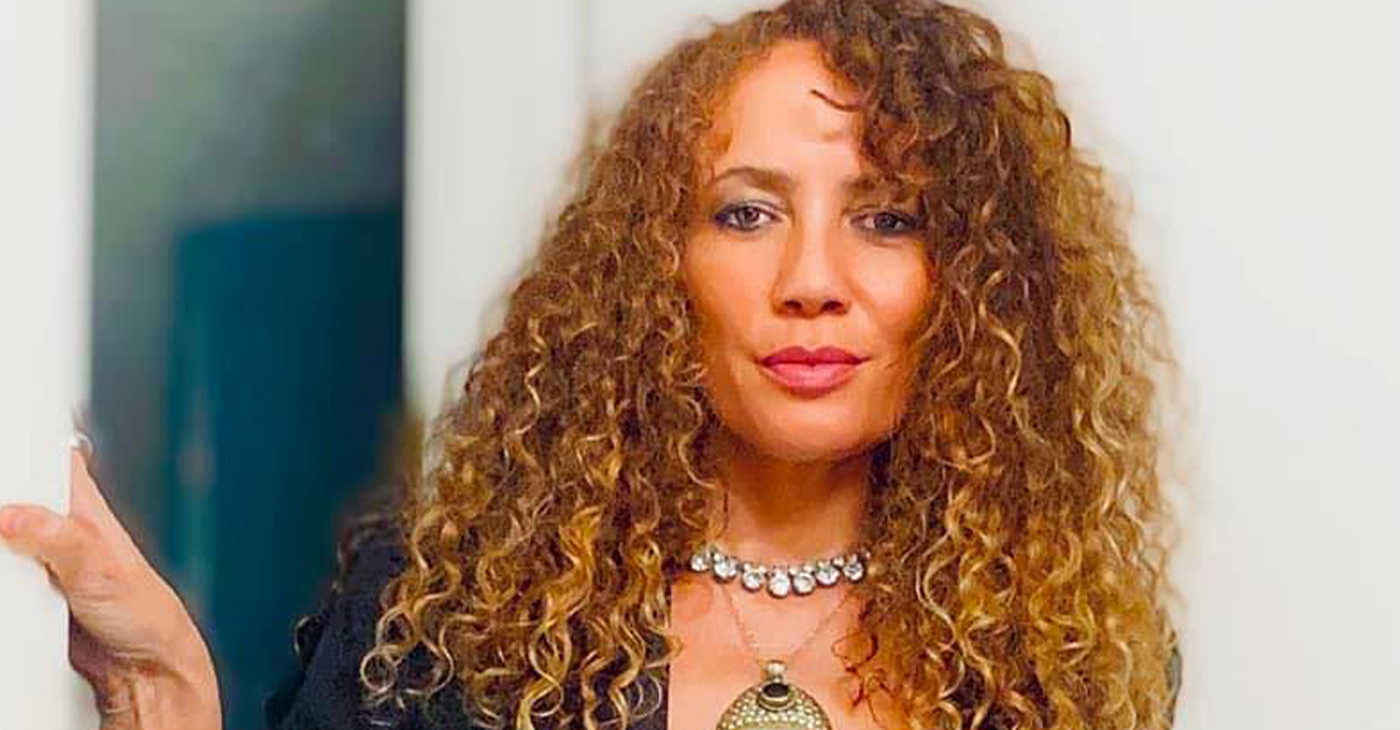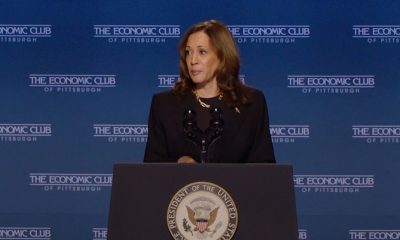Business
Derrick Tillman completes Miller Street Apartments in Hill District
NEW PITTSBURGH COURIER — Tillman describes the Low-Income Housing Tax Credit property as an all-electric five-story building designed with exceptional energy efficiency. Of the 36 units, six are handicapped-designed, nine are project-based voucher affiliated and there are eight two-bedroom units. All units are equipped with appliances including washers and dryers. The first floor has a community room and lounge area with a kitchenette, office space for the property management and a concierge desk where residents will receive assistance with resources.
By Diane I. Daniels
May 16 was a great day for Derrick Tillman, president and CEO of Bridging the Gap Development, LLC. One of his many dreams became a reality. The ribbon-cutting ceremony of the 36-unit Miller Street Apartments took place.
Four years ago, he began the development process for the venture and this week, tenants began moving into 328 Miller Street, a $12 million project. “We are changing the face of and raising the bar of affordable housing,” said Tillman as investors, Hill District partners, community supporters and well-wishers witnessed what he considered a historical moment.
Tillman describes the Low-Income Housing Tax Credit property as an all-electric five-story building designed with exceptional energy efficiency. Of the 36 units, six are handicapped-designed, nine are project-based voucher affiliated and there are eight two-bedroom units. All units are equipped with appliances including washers and dryers. The first floor has a community room and lounge area with a kitchenette, office space for the property management and a concierge desk where residents will receive assistance with resources.
“We need more developers like Derrick to be able to flourish in our city. It is great to see such a successful affordable housing project that is not only about the structure but also about the people inside,” commented Pittsburgh Councilman R. Daniel Lavelle during the event. “It is also great that he was able to achieve the levels of minority participation on the development at a level of 45 percent when the city only requires 18 percent. He has exceeded standards. So not only is he developing housing, but he is developing people.”
Along with Tillman’s wife, Nykia, and other family members, officials participating in the ribbon-cutting included state Rep. Jake Wheatley, Chief of Staff Dan Gilman representing the mayor’s office, Diamonte Walker of the Urban Redevelopment Authority of the City of Pittsburgh, Lisa Kelly of First National Bank, Marimba Milliones of the Hill District Community Development Corporation and Bob Meeder of the Energy Innovation Center.
In addition to the architecture and intentional energy efficiency initiative, Tillman and his team have raised the bar for tenants in affordable housing by partnering with leading community organizations to offer a variety of services to the tenants. “We are providing residents with top-class housing and services to aid them in advancing the quality of their lives.”
Services include a trauma center in conjunction with F.O.C.U.S. Pittsburgh, aiding residents in overcoming obstacles that have the potential to present a hindrance for a quality of life, and a speaker series offering insight in various areas of expertise providing motivation and inspiration. CORO Pittsburgh will provide leadership classes providing opportunities to build on essential qualities to advance in their careers and personal goals. The Energy Innovation Center will provide job- and career-readiness training for tenants to aid them in obtaining steady income in an effort to help them advance to the next level financially. Also, financial expert Tayon Mitchell will provide financial literacy classes demonstrating how to better manage finances and begin to build long-term financial goals.
Raised by a single mother in Section 8 housing, Tillman says he knows firsthand what it is like to be displaced. A Westinghouse High School graduate, he recalls as a child his family moving from residence to residence. “We lived all over the area,” he said, recalling his time in Rankin, Wilkinsburg, Homewood, East Liberty and the Hill District. Today, he is committed to bettering the lives of others who’ve had similar experiences.
The Miller Street project not only provides housing and opportunity but possesses historical significance. “Here, we are located on holy ground,” he affirms, standing in the building entrance pointing to two plaques mounted on the wall. Formerly 318 Miller Street, the building was built in 1916 by the local branches of the International Jewish Fraternal Organization. In partnership with other groups, it was founded as the Labor Lyceum Inc., and was used as a center for Jewish labor activities. It is known as the first White-owned organization in Pittsburgh to rent to African American organizations.
Second, the building served as the First Church of God in Christ affiliated church in Pittsburgh founded by Bishop C. H. Mason in 1921. He is also credited as the founding father of the Church of God in Christ in the 1900s, headquartered in Memphis. Representatives from both the Labor Lyceum Inc. and Church of God in Christ attended the ribbon-cutting ceremony.
A diversified real estate development firm founded in 2006, Tilman says Bridging the Gap Development is committed to excellence in everything they do. Its mission is to rebuild sustainable communities through residential and commercial development by bridging real estate and opportunity gaps.
Tillman said Bridging the Gap Development has developed a variety of properties, including multi-family affordable housing, market-rate rental and homeownership properties, as well as mixed-use and commercial development projects.
With over 15 years of experience in real estate development, commercial brokerage and leasing, real estate sales and acquisition, real estate negotiations, real estate rehabbing, property management, business management, restaurant management and operations, marketing and consulting, Tillman is looking forward to a bright and positive future.
So, what’s next for Tillman? Working in partnership with two Hill District nonprofit entities (Amani Christian Community Development and the Macedonia Development Corporation) was his answer, to develop 22 single-family townhouses throughout the Hill.
Leaning on his faith, his goal is to continue to be patient and go where God leads him, believing that his dreams to produce major rehab and new construction projects in his hometown and other states while continuously helping others will become a reality.
Like us at https://www.facebook.com/pages/New-Pittsburgh-Courier/143866755628836?ref=hl
Follow @NewPghCourier on Twitter https://twitter.com/NewPghCourier
This article originally appeared in the New Pittsburgh Courier.
Activism
Books for Ghana
We effectively facilitated cross-continent community building! We met the call and provided 400 books for ASC’s students at the call of the Minister of Education. We supported the work of a new African writer whose breakout novel is an action-packed depiction of a young woman steeped in Ghanaian culture who travels to the USA for college, all the while experiencing the twists, turns, and uncertainties that life brings.

By Min. Rauna Thurston, Chief Mpuntuhene Afua Ewusiwa I
My travels to Afrika began in June 2022, on a tour led by Prof. Manu Ampim, Director of the organization Advancing The Research. I was scheduled to become an ordained Minister by Wo’se Community of the Sacred African Way. It was vital that my feet touch the soil of Kemet and my spirit connect with the continent’s people before ordination.
Since 2022, I’ve made six trips to Afrika. During my travels, I became a benefactor to Abeadze State College (ASC) in Abeadze Dominase, Ghana, originally founded by Daasebre Kwebu Ewusi VII, Paramount Chief of Abeadze Traditional Area and now run by the government. The students there were having trouble with English courses, which are mandatory. The Ghanaian Minister of Education endorsed a novel written by 18-year-old female Ghanaian first-time writer, Nhyira Esaaba Essel, titled Black Queen Sceptre. The idea was that if the students had something more interesting to read, it would evoke a passion for reading; this seemed reasonable to me. Offer students something exciting and imaginative, combined with instructors committed to their success and this could work.
The challenge is how to acquire 800 books?!
I was finishing another project for ASC, so my cash was thin and I was devoid of time to apply for annual grants. I sat on my porch in West Oakland, as I often do, when I’m feeling for and connecting to my ancestors. On quiet nights, I reminisce about the neighborhood I grew up in. Across the street from my house was the house that my Godfather, Baba Dr. Wade Nobles and family lived in, which later became The Institute for the Advanced Study of Black Family Life & Culture (IASBFLC). Then, it came to me…ancestors invited me to reach out to The Association of Black Psychologists – Bay Area Chapter (ABPsi-Bay Area)! It was a long shot but worth it!
I was granted an audience with the local ABPsi Board, who ultimately approved funding for the book project with a stipulation that the Board read the book and a request to subsequently offer input as to how the book would be implemented at ASC. In this moment, my memory jet set to my first ABPsi convention around 2002, while working for IASBFLC. Returning to the present, I thought, “They like to think because it feels good, and then, they talk about what to do about what they think about.” I’m doomed.
However, I came to understand why reading the book and offering suggestions for implementation were essential. In short: ABPsi is an organization that operates from the aspirational principles of Ma’at with aims of liberating the Afrikan Mind, empowering the Afrikan character, and enlivening: illuminating the Afrikan spirit. Their request resulted in a rollout of 400 books in a pair-share system. Students checked out books in pairs, thereby reducing our bottom line to half of the original cost because we purchased 50% fewer units. This nuance promoted an environment of Ujima (collective work & responsibility) and traditional Afrikan principles of cooperation and interdependence. The student’s collaborative approach encouraged shared responsibility, not only for the physical book but for each other’s success. This concept was Dr. Lawford Goddard’s, approved by the Board, with Dr. Patricia “Karabo” Nunley at the helm.
We effectively facilitated cross-continent community building! We met the call and provided 400 books for ASC’s students at the call of the Minister of Education. We supported the work of a new African writer whose breakout novel is an action-packed depiction of a young woman steeped in Ghanaian culture who travels to the USA for college, all the while experiencing the twists, turns, and uncertainties that life brings. (A collectible novel for all ages). A proposed future phase of this collaborative project is for ASC students to exchange reflective essays on Black Queen Sceptre with ABPsi Bay Area members.
We got into good trouble. To order Black Queen Sceptre, email esselewurama14@gmail.com.
I became an ordained Minister upon returning from my initial pilgrimage to Afrika. Who would have imagined that my travels to Afrika would culminate in me becoming a citizen of Sierra Leone and recently being named a Chief Mpuntuhene under Daasebre Kwebu Ewusi VII, Paramount Chief of Abeadze Traditional Area in Ghana, where I envision continued collaborations.
Min. Rauna/Chief Mpuntuhene is a member of ABPsi Bay Area, a healing resource committed to providing the Post Newspaper readership with monthly discussions about critical issues in Black Mental Health, Wealth & Wellness. Readers are welcome to join us at our monthly chapter meetings every 3rd Saturday via Zoom and contact us at bayareaabpsi@gmail.com.
Black History
Alice Parker: The Innovator Behind the Modern Gas Furnace
Born in Morristown, New Jersey, in 1895, Alice Parker lived during a time when women, especially African American women, faced significant social and systemic barriers. Despite these challenges, her contributions to home heating technology have had a lasting impact.

By Tamara Shiloh
Alice Parker was a trailblazing African American inventor whose innovative ideas forever changed how we heat our homes.
Born in Morristown, New Jersey, in 1895, Parker lived during a time when women, especially African American women, faced significant social and systemic barriers. Despite these challenges, her contributions to home heating technology have had a lasting impact.
Parker grew up in New Jersey, where winters could be brutally cold. Although little is documented about her personal life, her education played a crucial role in shaping her inventive spirit. She attended Howard University, a historically Black university in Washington, D.C., where she may have developed her interest in practical solutions to everyday challenges.
Before Parker’s invention, most homes were heated using wood or coal-burning stoves. These methods were labor-intensive, inefficient, and posed fire hazards. Furthermore, they failed to provide even heating throughout a home, leaving many rooms cold while others were uncomfortably warm.
Parker recognized the inefficiency of these heating methods and imagined a solution that would make homes more comfortable and energy-efficient during winter.
In 1919, she patented her design for a gas-powered central heating system, a groundbreaking invention. Her design used natural gas as a fuel source to distribute heat throughout a building, replacing the need for wood or coal. The system allowed for thermostatic control, enabling homeowners to regulate the temperature in their homes efficiently.
What made her invention particularly innovative was its use of ductwork, which channeled warm air to different parts of the house. This concept is a precursor to the modern central heating systems we use today.
While Parker’s design was never fully developed or mass-produced during her lifetime, her idea laid the groundwork for modern central heating systems. Her invention was ahead of its time and highlighted the potential of natural gas as a cleaner, more efficient alternative to traditional heating methods.
Parker’s patent is remarkable not only for its technical innovation but also because it was granted at a time when African Americans and women faced severe limitations in accessing patent protections and recognition for their work. Her success as an inventor during this period is a testament to her ingenuity and determination.
Parker’s legacy lives on in numerous awards and grants – most noticeably in the annual Alice H. Parker Women Leaders in Innovation Award. That distinction is given out by the New Jersey Chamber of Commerce to celebrate outstanding women innovators in Parker’s home state.
The details of Parker’s later years are as sketchy as the ones about her early life. The specific date of her death, along with the cause, are also largely unknown.
Activism
2024 in Review: Seven Questions for Frontline Doulas
California Black Media (CBM) spoke with Frontline Doulas’ co-founder Khefri Riley. She reflected on Frontline’s accomplishments this year and the organization’s goals moving forward.

By Edward Henderson, California Black Media
Frontline Doulas provides African American families non-medical professional perinatal services at no cost.
This includes physical, emotional, informational, psychosocial and advocacy support during the pregnancy, childbirth and postpartum period. Women of all ages — with all forms of insurance — are accepted and encouraged to apply for services.
California Black Media (CBM) spoke with co-founder Khefri Riley. She reflected on Frontline’s accomplishments this year and the organization’s goals moving forward.
Responses have been edited for clarity and length.
Looking back at 2024, what stands out to you as your most important achievement and why?
In 2024, we are humbled to have been awarded the contract for the Los Angeles County Medical Doula Hub, which means that we are charged with creating a hub of connectivity and support for generating training and helping to create the new doula workforce for the medical doula benefit that went live in California on Jan. 1, 2023.
How did your leadership and investments contribute to improving the lives of Black Californians?
We believe that the revolution begins in the womb. What we mean by that is we have the potential and the ability to create intentional generational healing from the moment before a child was conceived, when a child was conceived, during this gestational time, and when a child is born.
And there’s a traditional saying in Indigenous communities that what we do now affects future generations going forward. So, the work that we do with birthing families, in particular Black birthing families, is to create powerful and healthy outcomes for the new generation so that we don’t have to replicate pain, fear, discrimination, or racism.
What frustrated you the most over the last year?
Working in reproductive justice often creates a heavy burden on the organization and the caregivers who deliver the services most needed to the communities. So, oftentimes, we’re advocating for those whose voices are silenced and erased, and you really have to be a warrior to stand strong and firm.
What inspired you the most over the last year?
My great-grandmother. My father was his grandmother’s midwife assistant when he was a young boy. I grew up with their medicine stories — the ways that they healed the community and were present to the community, even amidst Jim Crow.
What is one lesson you learned in 2024 that will inform your decision-making next year?
I find that you have to reach for your highest vision, and you have to stand firm in your value. You have to raise your voice, speak up and demand, and know your intrinsic value.
In a word, what is the biggest challenge Black Californians face?
Amplification. We cannot allow our voices to be silent.
What is the goal you want to achieve most in 2025?
I really would like to see a reduction in infant mortality and maternal mortality within our communities and witness this new birth worker force be supported and integrated into systems. So, that way, we fulfill our goal of healthy, unlimited birth in the Black community and indeed in all birthing communities in Los Angeles and California.
-

 California Black Media4 weeks ago
California Black Media4 weeks agoCalifornia to Offer $43.7 Million in Federal Grants to Combat Hate Crimes
-

 Black History4 weeks ago
Black History4 weeks agoEmeline King: A Trailblazer in the Automotive Industry
-

 California Black Media4 weeks ago
California Black Media4 weeks agoCalifornia Department of Aging Offers Free Resources for Family Caregivers in November
-

 California Black Media4 weeks ago
California Black Media4 weeks agoGov. Newsom Goes to Washington to Advocate for California Priorities
-

 Activism3 weeks ago
Activism3 weeks agoOakland Post: Week of November 27 – December 3, 2024
-

 Activism4 weeks ago
Activism4 weeks agoOCCUR Hosts “Faith Forward” Conference in Oakland
-

 Activism4 weeks ago
Activism4 weeks agoRichmond Seniors Still Having a Ball After 25 Years
-

 Activism2 weeks ago
Activism2 weeks agoButler, Lee Celebrate Passage of Bill to Honor Congresswoman Shirley Chisholm with Congressional Gold Medal























































